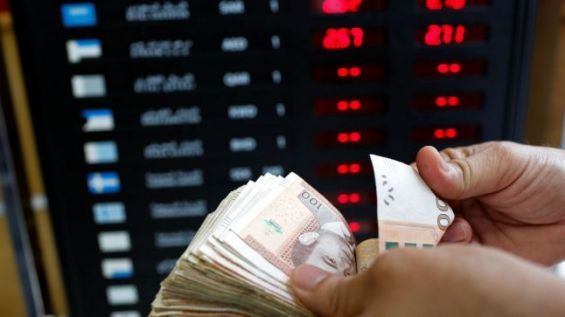Morocco is in the need of implementing new reforms as it managed to keep its currency stable, after adopting earlier this year a more flexible exchange system, revealed Reuters on Wednesday, 15th of August.
Speaking to bankers, analysts and the Kingdom’s planning agency head, the British news agency stresses that the North African country has to improve investment before considering more liberalization-related reforms.
Indeed, in January, the Ministry of Economy and Finance and after consulting with Bank al-Maghrib, announced that it is launching a new exchange rate regime where the party of the dirham is determined within a band of fluctuation.
Under the new regime, Bank Al-Maghrib continued to intervene on the foreign exchange market to ensure its liquidity.
More reforms
But that is not enough, according to experts, who think that further ameliorations must be considered to boost the competitiveness of Morocco’s national economy.
The country, in fact, needs to boost the educational system to produce qualified workforce. It also has to create less restricted rules to facilitate the process of importing technology and raw materials.
«We need to reform the educational system first, fight corruption and improve management of the economy», head of Morocco’s planning agency Ahmed Lahlimi told Reuters, stressing that the flexible exchange system «should have come as a culmination of the other reforms».
Indeed, it is primordial for the country to reduce the rates of poverty and unemployment in some regions, analysts told the same source.
The boycott campaign
But while the Moroccan Dirham remained stable, other problems emerged. According to Reuters, the Kingdom’s economy was hit by a viral boycott campaign that affected foreign direct investment. The latter dropped by 33.1 percent year-on-year, to 10.071 billion dirhams.
Bankers on the other hand, believe that Morocco should consider «easing» bureaucratic rules to loosen procedures linked to importing goods.
For the record, the new exchange rate regime was introduced by the International Monetary Fund (IMF) to strengthen Morocco’s shock-absorption capacity and help maintain its competitiveness.
The reform is expected to support the structural changes taking place in the Moroccan economy over the recent years, particularly in terms of diversification, openness and integration into the global economy.





 chargement...
chargement...













